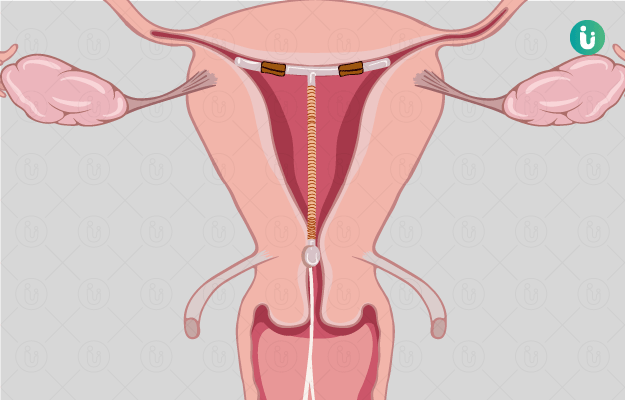Most couples planning a baby assume that it’s only after their newborn arrives that sleepless nights and exhausting days will plague them. A couple of weeks into a pregnancy, and this assumption changes as sleep patterns start changing for the worse. Even women who have never had any trouble sleeping or maintaining a regular sleep-wake pattern start observing that their routines have changed.
Click on the link to know in detail about the treatment of sleep disorders.
The simple fact is that pregnancy is both physically and emotionally demanding, which is why it’s quite likely to affect your sleep pattern. Usually, pregnant women tend to sleep a lot more during their first trimester, which is primarily because of their body adapting to the first lot of changes brought about by the pregnancy.
As the pregnancy progresses and symptoms like round ligament pain, back pain, leg cramps, sciatic pain, etc. come up, sleep becomes more elusive. The baby bump - which continues to grow bigger and more ungainly as each trimester passes by - makes a lot of resting and sleep positions impossible. For example, a pregnant woman cannot sleep on her stomach or even her back through most of this period. This also majorly affects sleeping patterns.
Another factor most people forget about is the mental health aspect. Pregnancy can cause stress, anxiety, constant worry and even depression - all of which can also lead to sleep difficulties and insomnia. Whatever the cause of your sleep problems, you should not take this issue lightly because getting enough rest and sleep during pregnancy is just what you need to stay fit and to help your baby develop properly.
(Read More - Sleep chart)





































